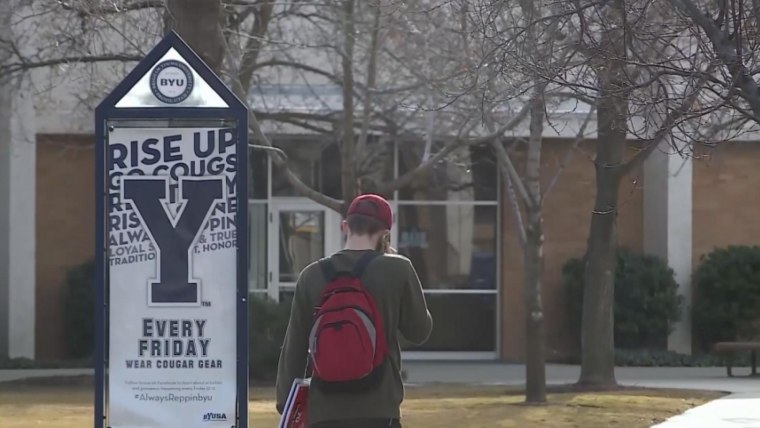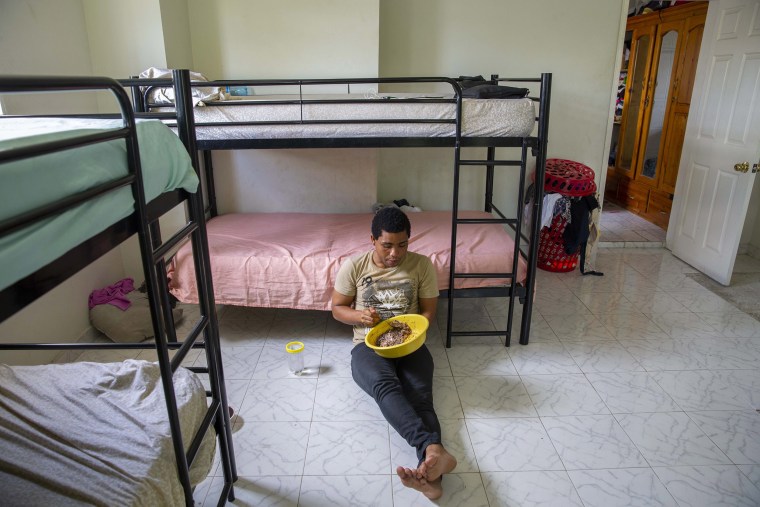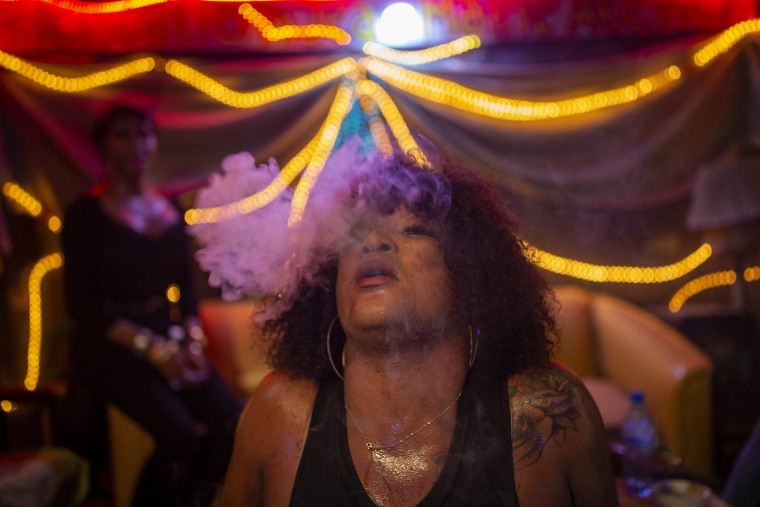Alabama cites abortion ruling in transgender medication case
Days after the U.S. Supreme Court ruled that states can prohibit abortion, Alabama has seized on the decision to argue that the state should also be able to ban gender-affirming medical treatments for transgender youth.
The case marks one of the first known instances in which a conservative state has tried to apply the abortion ruling to other realms, just as LGBTQ advocates and others were afraid would happen.
Critics have expressed fear that the legal reasoning behind the high court ruling could lead to a rollback of decisions involving such matters as gay marriage and birth control.
The state is asking a federal appeals court to lift an injunction and let it enforce an Alabama law that would make it a felony to give puberty blockers or hormones to transgender minors to help affirm their gender identity.
In its historic ruling last Friday, the U.S. Supreme Court said terminating a pregnancy is not a fundamental constitutional right because abortion is not mentioned in the Constitution and is not “deeply rooted in this nation’s history and tradition.”
In a brief filed Monday, the Alabama attorney general’s office argued similarly that gender transition treatments are not “deeply rooted in our history or traditions,” and thus the state has the authority to ban them. Alabama contends such treatments are dangerous and experimental, a view disputed by medical organizations.
Shannon Minter, legal director of the National Center for Lesbian Rights, said it is the first case he is aware of in which a state cited the abortion ruling on another issue, but added, “It won’t be the last.”
Supreme Court Justice Samuel Alito wrote in the majority opinion that the abortion ruling should not cast “doubt on precedents that do not concern abortion.” But Justice Clarence Thomas wrote that the same legal reasoning should be used to reconsider high court rulings protecting same-sex marriage, gay sex and contraceptives.
“It is no surprise that Alabama and other extremely conservative states are going to take up that invitation as forcefully as they can,” Minter said. “Justice Thomas’ concurrence was a declaration of war on groups already under attack, and we expect the hostility to be escalated.”
He said a rethinking of such constitutional protections could affect things like birth control and parental rights.
Get the Morning Rundown
Get a head start on the morning’s top stories.SIGN UPTHIS SITE IS PROTECTED BY RECAPTCHA PRIVACY POLICY | TERMS OF SERVICE
“They are not just talking about LGBT people,” Minter said.
Alabama Attorney General Steve Marshall was unavailable for comment Thursday, a spokesman said.
Jeff Walker, who has a 15-year-old transgender daughter, said this spring that it felt as if Alabama were attacking families like his with legislation targeting transgender kids’ medication and dictating their choice of school bathrooms, locker rooms and sports teams. He said the state’s argument in this case is worrisome for everyone.
“I think everyone should be concerned by the wording of this appeal. By this logic, any health care the state feels isn’t in line with its morals or beliefs should be banned,” Walker said.
The Alabama case could become be an early test of where judges stand on the scope of the abortion ruling. The appeals court granted the state’s request for an expedited schedule for submitting briefs, and a decision could come as early as this fall.
While Alabama was already appealing the injunction in the transgender medication case, the state quickly incorporated the abortion decision into its filing.
Alabama Gov. Kay Ivey this spring signed the law making it a crime punishable by up to 10 years in prison to dispense certain medication to minors to help with their gender transition.
A federal judge in May issued a preliminary injunction blocking the measure, siding with parents who said the law violates their children’s rights and their own rights to direct their youngsters’ medical care.






